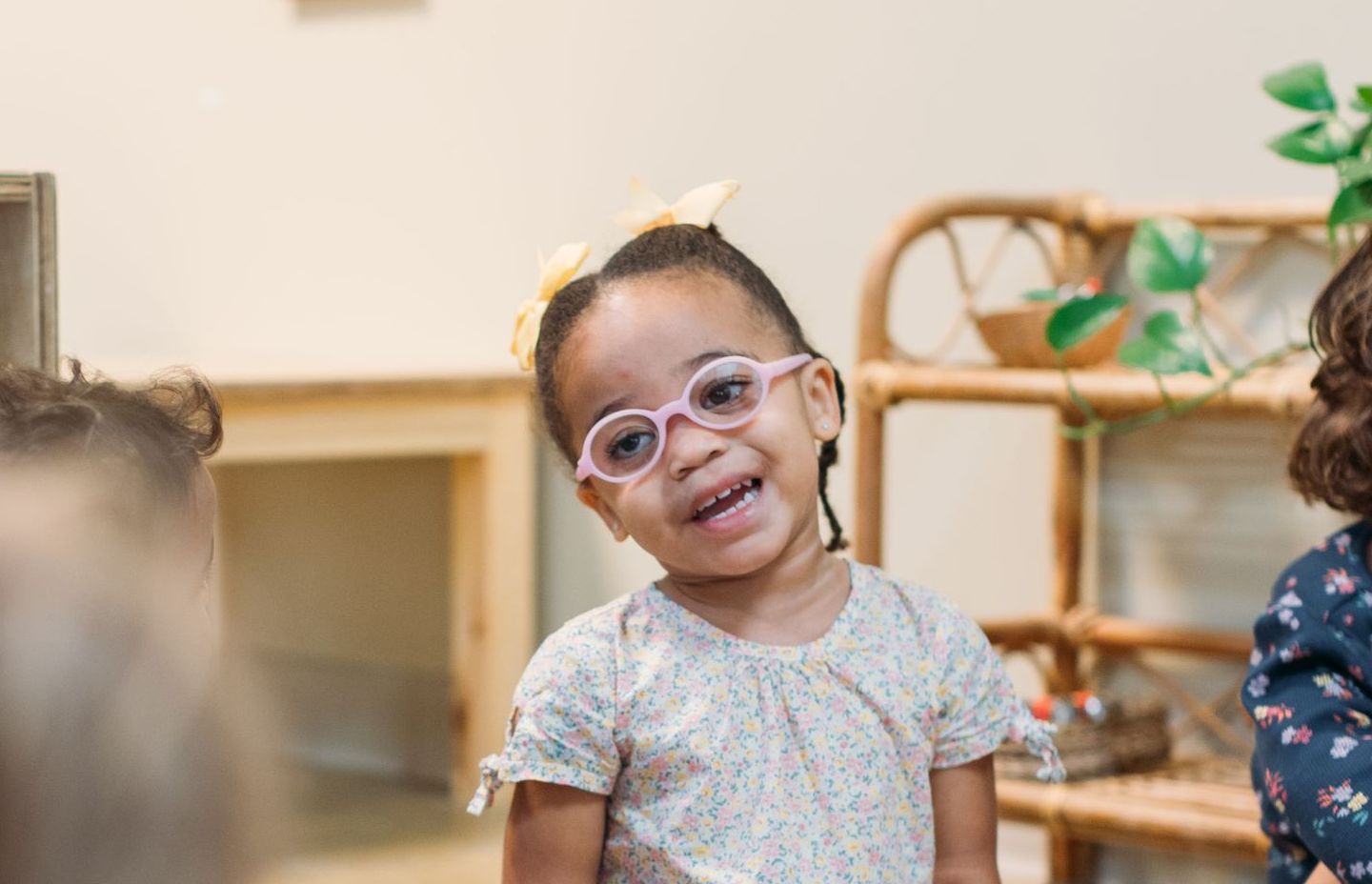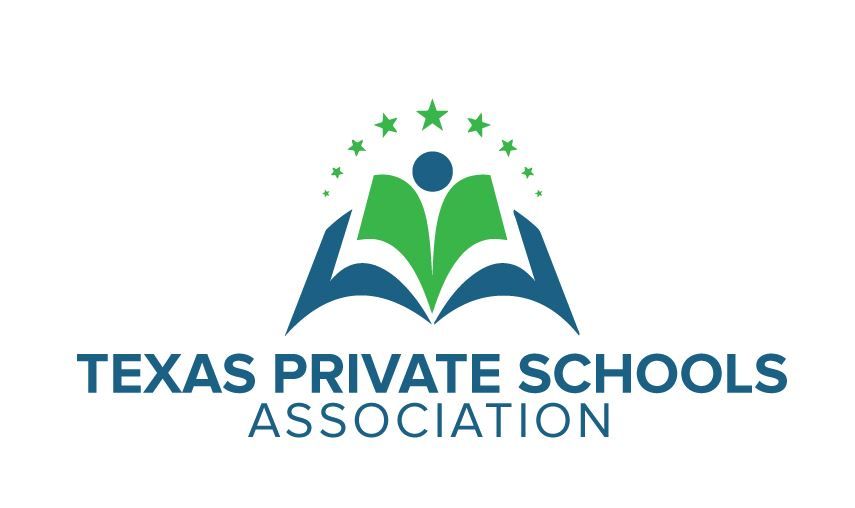Toddler
18 months - 3 years old

Dr. Maria Montessori called the period between birth and age 6 the first plane of development. She characterized children of this age as having an “absorbent mind,” the ability to literally absorb, like a sponge, all kinds of information about their environment and culture.
The toddler years are a time where children are driven to explore and discover through active play using their natural curiosity to seek out information and their ability to learn quickly and easily. Toddlers, like other children and adults, want to participate fully in their society. They want to challenge themselves and perform important, meaningful activities. This desire is especially strong during the toddler age, when a child begins to master the balance, coordination, and reasoning skills needed to participate in real work. During this stage in their lives, their experiences construct the basis for their personality and lay the foundation for the adult they will become.
In a Montessori Toddler Community, a trained Montessori teacher presents individual and group lessons, guiding each child’s progress individually. Shelves, tables, sinks and toilets are custom-sized for the children to allow for full exploration and participation. The beautiful, specially-developed Montessori materials appeal to the natural curiosity of a young child. The materials are designed to be challenging, but also allow children to learn and succeed on their own. This leads to great inner security, high self-esteem, a positive self-image, and strong habits of concentration.
The very young child is often apprehensive about leaving parents or caregivers and our program helps the child make a gentle transition from the family setting into our classroom community.
Characteristics of Our Program
- One Toddler classroom, consisting of 7-15 students ages 18-36 months
- Two Montessori-credentialed teachers and an assistant are in the classroom; the student/teacher ratio is 6:1
- All children attend five days per week
- Hours are 8:00 a.m. - 3:00 p.m. with drop-off as early as 7:00 a.m. and pick-up as late as 6:00 p.m.

Daily Schedule
8:00: Arrival. Much of the morning is spent in individual work cycles of activity. The teacher gives individual and small group lessons on language and communication skills, movement and practical life; washing dishes, watering plants, sweeping, mopping, feeding the animals, taking care of the environment, food preparation, etc. Children may gather to sing songs or read books. The children also enjoy time outdoors.
11:30: Lunch. Lunch is provided by the parents or through our hot lunch program and is seen as a great opportunity to practice common grace and courtesy with their peers.
12:30 – 2:30: Nap. Children are given a comfortable, quiet place to rest.
3:00 - 6:00: Children eat a healthy snack followed by playtime both indoors and out similar to the schedule followed in the morning.
Activities in a Montessori Classroom
Practical Life
Practical Life activities are the cornerstone of the Montessori Toddler classroom, and foster the child's natural desire to be independent. Experiences such as food preparation, pouring water, flower arranging, sweeping, and washing dishes have a purpose to care for one's self and classroom community. Through Grace and Courtesy lessons, children learn to serve snack, greet guests, and practice social customs.
Language
For children of this age, exposure to spoken language is key to developing the ability to communicate. Montessori language activities build on their natural tendency to listen and absorb everything they hear. Children are exposed to a rich vocabulary, and they explore the seemingly endless opportunities for naming objects. The teacher and assistant have peaceful, respectful conversations with the children and children model these respectful conversations with one another. Language materials are matched with real objects to reinforce physical and spatial concepts as well as vocabulary development. Language is also developed through self-expression and storytelling.
Sensorial
Very young children learn and understand the world around them through the use of their senses. This sensory input supports toddlers in the great task of organizing, integrating, and learning while refining fine motor development and fostering concentration. Montessori specific materials in the toddler class include the Pink Tower, Small Cylinder Block sets, and Color Tablets.
Math
Toddlers engage in mathematical thinking through engaging in sequencing activities. Time is introduced through consistent routines that highlight concepts such as before and after, today, yesterday, and tomorrow. The experience of sorting and classifying leads to numeracy and one-to-one correspondence is established through stacking and nesting cubes, number blocks and puzzles, and sorting and counting materials.
Movement
The toddler is in a constant state of motion, purposeful and otherwise. The classroom environment is designed to enable children to move freely throughout their day. Activities that support individual development are taken to the child's work space. Independent of adults, toddlers negotiate chairs and tables and participate in a toileting routine. While outdoors, they have space to develop and refine large motor skills as they are introduced to balls, hoops, and balance beams to achieve physical poise and independence. They also go on walks, and explore nature on school property where they dig, rake, plant, weed, and harvest in planting beds. They cut flowers from the garden and use them for flower arranging.
Art, Music and Spanish
In the Toddler classroom at WRM, art, music and Spanish are integrated into the daily routine. The toddler classrooms introduce Spanish through songs, books and activities. Art and music are about exploration with the emphasis on the process of creating art that is often themed around seasons and holidays.
More about Montessori Toddler Programs
Source: American Montessori Society
Where every child discovers the
highest version of themselves.
White Rock Montessori





